Sweetteadivination-blog - Sweet Tea Divination

More Posts from Sweetteadivination-blog and Others
My mind is in the stars today.



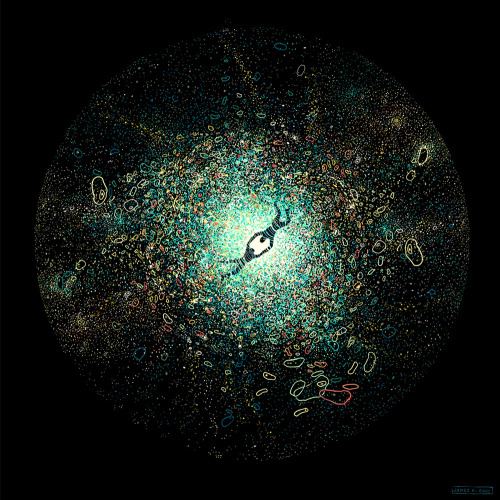



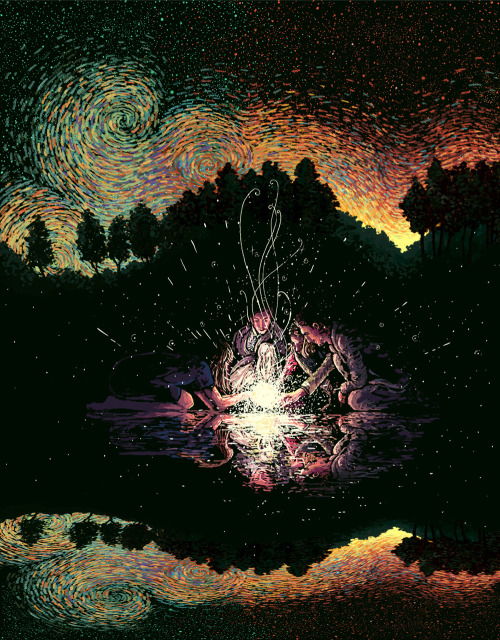
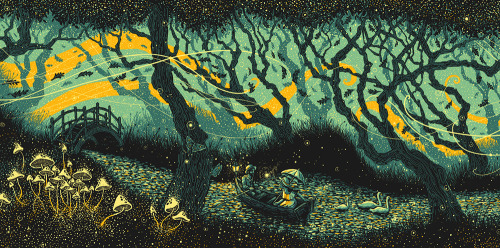
Old Cartoon Network shows (Tom and Jerry, Loney Toons) taught me to appreciate classical music better than most music classes because those pieces become part of our childhood.
I love this one a lot.

“Waiter?~”
That is the coolest.



Handmade mossy meadow carpet by Alexandra Kehayoglou
Love this!

This is so cool

NAAS Astronomy Picture of the Day 2016 September 5
Spiral Meteor through the Heart Nebula
What is this meteor doing? Dynamically, the unusually short and asymmetric train may indicate that the sand-sized grain at the center of the glow is momentarily spinning as it ablates, causing its path to be slightly spiral. Geographically, the meteor appears to be going through the Heart Nebula, although really it is in Earth’s atmosphere and so is about one quadrillion times closer. Taken last month on the night of the peak, this meteor is likely from the Perseid meteor shower. The Perseids radiant, in the constellation of Perseus, is off the frame to the upper right, toward the direction that the meteor streak is pointing. The Heart Nebula was imaged in 18 one-minute exposures, of which the unusual meteor streak appeared on just one. The meteor train is multicolored as its glow emanates from different elements in the heated gas.
Love


NASA Astronomy Picture of the Day 2016 September 19
50,000 Kilometers over the Sun
What’s happening at the edge of the Sun? Although it may look like a monster is rampaging, what is pictured is actually only a monster prominence – a sheath of thin gas held above the surface by the Sun’s magnetic field. The solar event was captured just this past weekend with a small telescope, with the resulting image then inverted and false-colored. As indicated with illustrative lines, the prominence rises over 50,000 kilometers above the Sun’s surface, making even our 12,700-diameter Earth seem small by comparison. Below the monster prominence is active region 12585, while light colored filaments can be seen hovering over a flowing solar carpet of fibrils. Filaments are actually prominences seen against the disk of the Sun, while similarly, fibrils are actually spicules seen against the disk. Energetic events like this are becoming less common as the Sun evolves toward a minimum in its 11-year activity cycle.
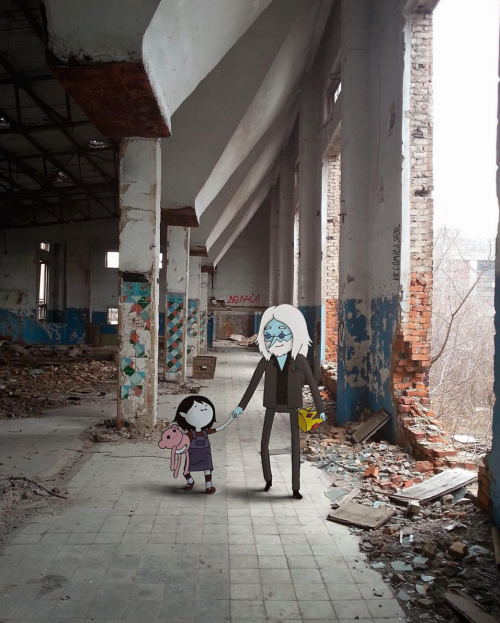

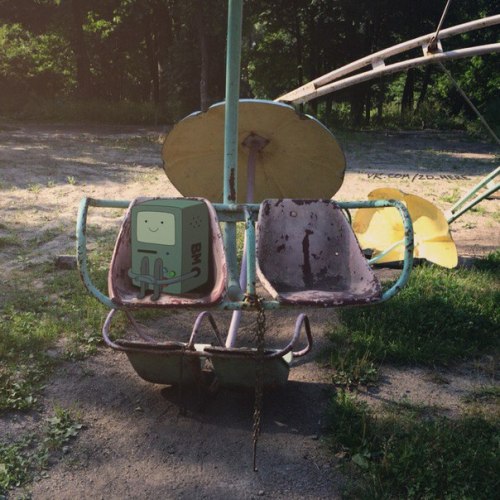

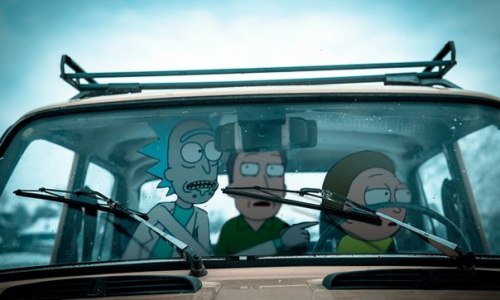

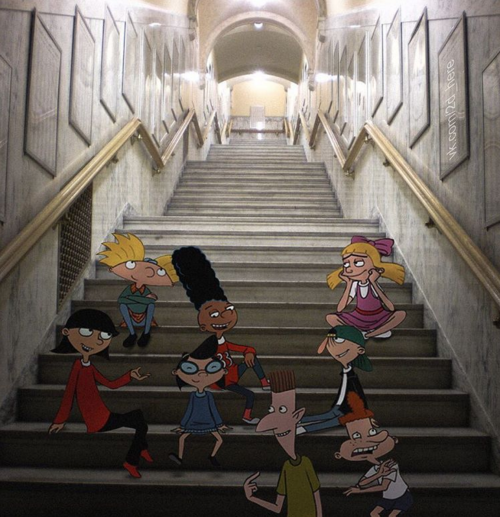
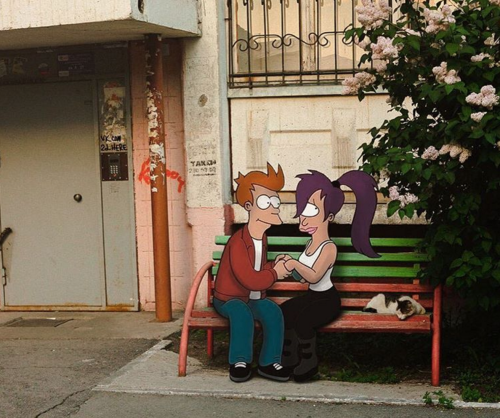
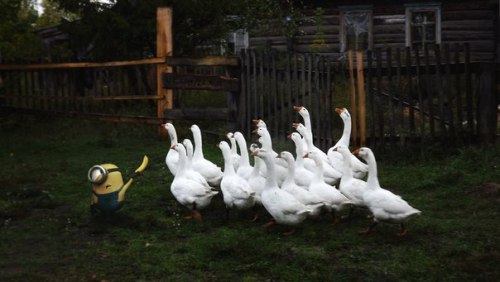
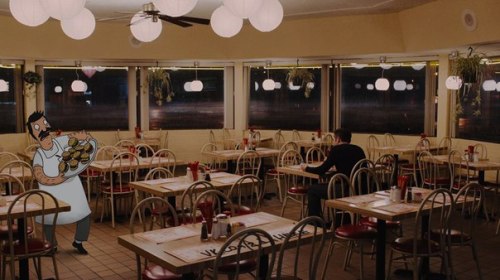
Please help us welcome the newest members of the Department of Phenomenal Photoshop: a collective of Russian artists who go by the name 2D Among Us and specialize in seamlessly adding 2D characters (sometimes 3D too) from cartoons, movies, and video games into photos of everyday real-life settings.

Follow 2d_here on Instagram to check out many photos of pop culture characters interacting with the real world.

[via Design Taxi]

Michael Whelan